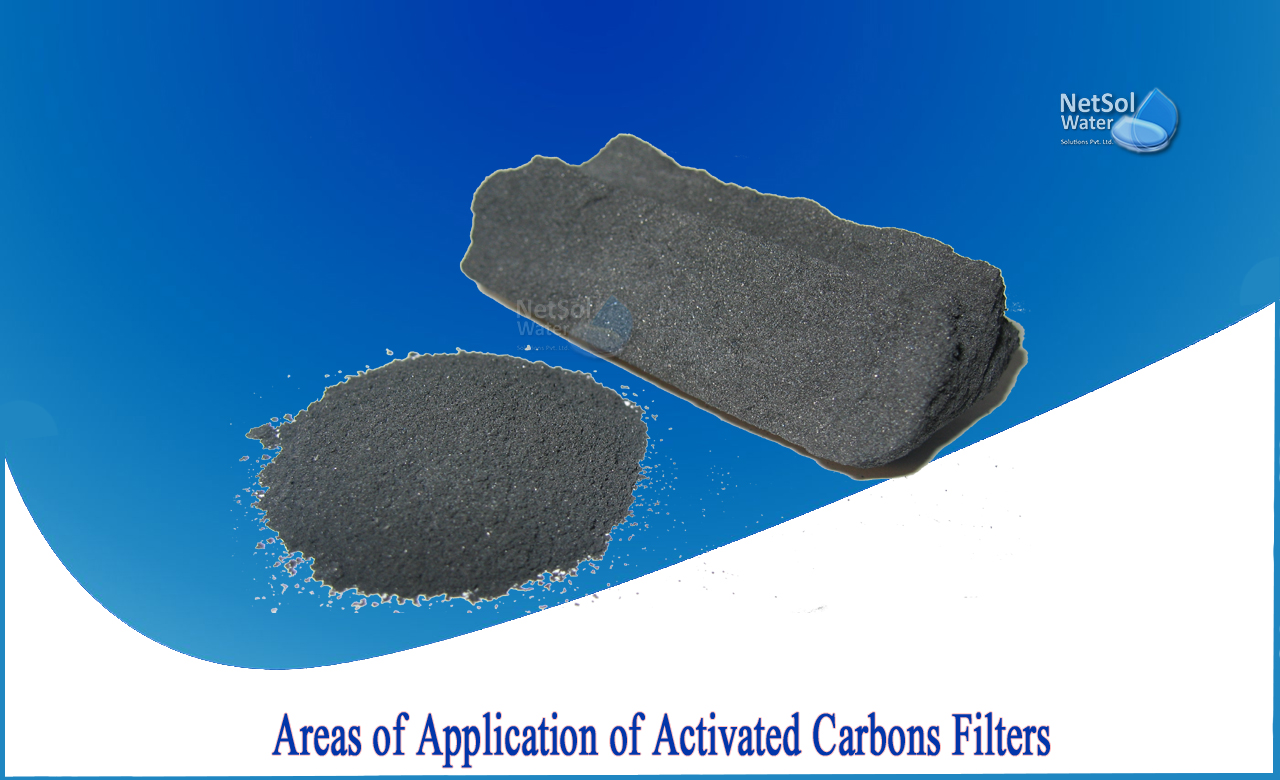What are the application of Activated carbons?
Filtration methods have been used for many years to remove dirt, rust, and other contaminants from sewage and wastewater systems. Activated carbon filters have evolved and found use in a variety of industrial applications as technology has advanced.
Let's take a closer look at the applications of activated carbon filter.
Activated carbon is used in a variety of industrial and residential applications, including drinking water purification, ground and municipal water treatment, power plant and landfill gas emissions, and precious metal recovery. VOC removal and odor control are two aspects of air purification solutions. Known as the world's most powerful adsorbent, activated carbon has applications ranging from everyday water pitcher filters to gold recovery from ore in Carbon in Pulp/Carbon in Leach systems.
APPLICATIONS FOR ACTIVATED CARBON FILTERS!
1-Contaminants Elimination at a Sewage Treatment Plant:
Many organic compounds, harmful chemicals, odors, and other impurities are present in industrial wastewater, necessitating effective filtration. Activated charcoal filters are used in water treatment plants in India to remove contaminants from industrial wastewater. The porous structure aids in the removal of organic and inorganic chemicals. You can increase the absorption capacity of carbon by using thermal and chemical activation methods. You can select the best type of activated carbon for your industrial application with the assistance of a professional.
2-Drinking Water Treatment – Actively Filtering Organic Components:
To provide safe drinking water to the public, drinking water treatment employs a combination of coagulation, sedimentation, and filtration. Activated charcoal is essential for water purification. Impurities adhere to the material's surface due to the physical process of absorption. Furthermore, these filters outperform sand filters in removing harmful compounds from municipal water. Chlorine, heavy metals, byproducts, and other volatile microorganisms are examples of these compounds.
3-Purification of Distilled Beverages:
Activated carbon filters aid in the separation of organic components in the production of distilled beverages such as whiskey and vodka. The filters, like those used in sewage treatment plants, improve the taste, odor, and color of the beverage. Furthermore, they can aid in the production of juices and fruit-based beverages for improved texture and fermentation.
4-Filtering Volatile Components from the Air:
Activated carbon filters have been used in air and gas purification in addition to sewage treatment plants. Smoke, odors, and other volatile pollutants necessitate a strong filtration solution that does not cause outgassing. The filters aid in the removal of volatile gas molecules from circulation by trapping them on a bed of charcoal.The porous surface absorbs harmful gases like a sponge. They also aid in the absorption of hydrocarbons, oil vapors, random, and other harmful components for the purpose of purifying the air circulation.
5-Widespread Industrial Applications:
Because of their high absorption and large surface area, activated carbon filters are useful in a variety of industrial applications such as analytical chemistry, metal finishing, groundwater remediation, and many others. By removing turbidity, they also aid in the purification of organic molecules and chemicals. Catalysts are required for chemical synthesis in the majority of pharmaceutical and chemical processes. Activated carbon filters, with their larger surface area, high inertness, and versatility, serve as a suitable carrier for precious metals and other catalyst applications.
For further details, contact Netsol Water.



